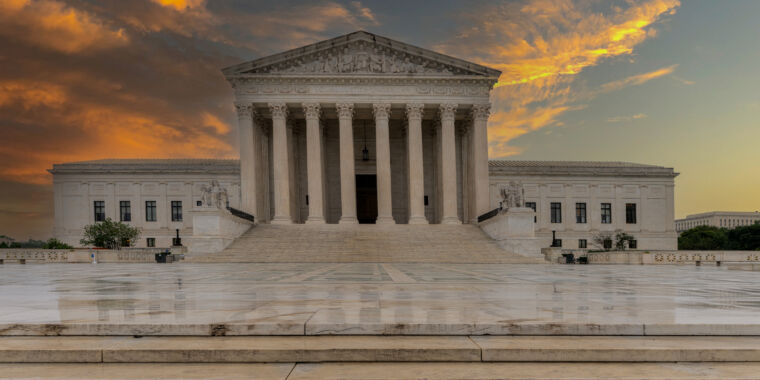Government Officials Rights to Block People from Social Media Pages
There are certain circumstances under which government officials are permitted to prevent individuals from commenting on their social media profiles, as stated by the Supreme Court on Friday. The crucial factor, according to the Supreme Court, lies in discerning whether officials are voicing personal opinions or speaking on behalf of the state through their online posts.
SCOTUS Opinions Explained
The Supreme Court issued two opinions without establishing a precise criterion for determining when personal social media usage constitutes state speech. Subsequently, it is within the jurisdiction of lower courts to evaluate each case individually. SCOTUS presented a guideline for courts to initially ascertain if an individual is representing the state on their social media pages and whether they possess the authority to act on their online posts.
The ruling indicated that government officials reserve the right to block individuals from commenting on personal social media accounts where they discuss official matters, provided that the speech cannot be linked to the state and represents personal opinions. Thus, blocking is deemed acceptable in cases where the official lacks authority to speak on behalf of the state or exert such power through their social media profiles.
According to SCOTUS, granting officials the authority to speak for the state may occur through formal legislation or informally if officials have historically utilized social media as a platform for state-related communication, solidifying their capability to do so.
Criteria for State Representation
SCOTUS outlined several instances where an official may be perceived as representing the state, such as managing the social media page through their office, having a city employee post on their personal account, or transferring the page to a successor at the end of their tenure. Additionally, posting on a personal page may be considered as state representation if the information disseminated has not been shared elsewhere.
- Examples
- Mayor conducting a city council meeting virtually
- Official using personal platform for official announcements
Given the absence of a clear standard, officials are susceptible to legal repercussions for blocking followers on “mixed-use” social media profiles, as highlighted by SCOTUS. To mitigate liability concerns, officials are advised to maintain a clear distinction between personal and official pages or provide disclaimers stating that their posts reflect personal viewpoints rather than state endorsements. Nonetheless, any official utilizing a personal page for official comments may face legal repercussions, irrespective of disclaimers.
SCOTUS Test for Blocking Validity
These disclosures arose from two SCOTUS opinions addressing conflicting outcomes in complaints from California and Michigan, where officials barred followers who heavily criticized them on social media platforms. Consequently, the lower courts’ judgments have been annulled, compelling courts to reevaluate both cases based on the Supreme Court’s guidelines.
Image/Photo credit: source url





